by Fred Onyeoziri
In fact President Jonathan should mobilize his Presidential Power to defend the constitution by countering this Fashola impunity as a convincing deterrent against the danger of other public officers allowing themselves to be infected by this Fashola virus.
Although we operate the presidential system of government, many of our citizens, including even some of the major operators of our system do not quite understand the unique attributes of our presidentialism.
For instance, unlike the parliamentary system which separates the positions of Head of Government and the Head of State, our presidential system combines both offices in one and the same person. President Goodluck Jonathan is both the Head of our Government and the Head of the Nigerian State.
As the Head of State, he is the singular representative of the Nigerian nation, and as the Head of Government, he alone has executive authority over all Nigerians. President Jonathan is the only public officer in this nation who has an all – Nigerian wide mandate to govern. All the other public officers have a restricted or narrow mandate. Local Government Chairmen have only the mandate of their Local Government Area, and the State Governor has only the mandate of his state.
By the same token, members of the Legislature, whether for House of Assembly or House of Representatives or the Senate have only the mandate of their individual districts or constituencies. It is only President Jonathan who has a mandate from the whole Nigerian nation to govern this country. This means a lot of things:
First, it means that only President Jonathan can represent Nigeria in his own right. Every other public officer can represent Nigeria only at the discretion of President Jonathan.
Two, since Mr. President alone has executive authority to act nationally, he has a legitimate right to intervene in any government operation anywhere in this nation.
Three, because the failures of other public officers in their domain can affect the stability of the whole, Mr. President has the right of intervention in the affairs of the others.
Four, other public officers can be involved in national issues only at the discretion and invitation of the President. Therefore, there is no legitimate basis for the other lower public officers to intervene or challenge presidential views on national issues unless at the invitation or discretion of the President.
Mr. President can consult other public officers on specific issues but such consultation cannot be mandatory and will always remain at the discretion of Mr. President. This is what it means to say that the President is the only person or public officer with a nation –wide mandate to govern this country.
He is the quintessential Chief Executive of the Nigerian State invested with power and authority. He is the overall Supervisor or Moderator of the Nigerian Political System.
In the final analysis, he is the one whom all Nigerians will hold responsible if things go wrong. Therefore, he alone has the right to ask questions about anything, anybody, anywhere in this country.
The President must live up to this national responsibility by demonstrating both the willingness and capacity to mobilize this national mandate and associated power resource to tackle or address any issue of national importance anywhere in this country, including defending the constitution.
Two comparative examples from the United States illustrate the significance of these points.
Firstly, for about three years, President Obama took over the police command of the state of New Orleans which was riddled with corruption, inefficiency and racism to reform and reorganize it. The American Federal Government organized new recruitment, training and administration before disengaging from New Orleans.
Secondly, during the Kennedy Presidency, President John Kennedy once mobilized federal power to enforce the right of James Meredith to admission into a State University against the objection of the State Governor who sought to block that admission into the state University.
This comparative example justifies President Jonathan in taking over security in a state where the State Governor is unable or unwilling to protect peace and stability in the state. The President cannot allow disruption in one state for fear that it may spread to undermine national stability. In order to protect the sovereignty of the whole, the President cannot allow disruption of sovereignty in one unit of that whole.
It is against this background that I consider it pathetic for this country that President Jonathan will sit back watching while Nigerians are quarrelling over Fashola’s deportation impunity. It does not matter whether the victims are Igbos, Ijaws, or Jukuns or whoever. The truth of the matter is that no state Governor, Fashola or not, not even the President of the country, may deport a Nigerian citizen from one part of the country or state, etc –to another. President Jonathan should tell Fashola that he cannot do this.
In fact President Jonathan should mobilize his Presidential Power to defend the constitution by countering this Fashola impunity as a convincing deterrent against the danger of other public officers allowing themselves to be infected by this Fashola virus.
Our presidential system creates a President whose constituency is the whole nation. Such a President cannot allow lower level public officers and other institutions to diminish his capacity to protect the constitutional integrity of the Nigerian State.
Federalism does not excuse what Governor Fashola has done because even federalism distinguishes between exclusive, concurrent and residual powers, Citizenship should belong to the exclusive list which is federal.
State security does not excuse Governor Fashola either because if the victims were criminals and security risks, Fashola should prosecute them and jail them if found guilty. Their being destitute does not excuse Fashola either because any responsible government, and I think Fashola’s is one, should have the social responsibility of devising social welfare programmes to take care of the vulnerable or weaker members of the society. You cannot ride on the votes of the so called destitute to power and turn round to demean them as destitute.
Good Governance includes responsibility to both productive and non productive members of society. You cannot want one and demean the other.
If we had a credible democracy, the state Assembly should be able to order Fashola to reverse himself. Unfortunately, our State Houses of Assembly are incapable of doing effective oversight operations, courtesy of the overbearing character of our state Governors.
But, my central thesis in this write up is that our president should use his presidential power and mandate to enforce the human and constitutional rights of the persons deported by Fashola from Lagos State.
————————–
Read this article in the Sun Newspapers
Op-ed pieces and contributions are the opinions of the writers only and do not represent the opinions of Y!/YNaija.























































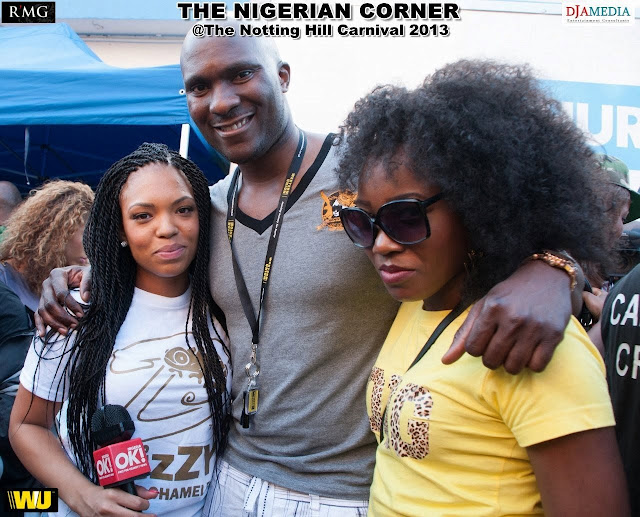.jpg)
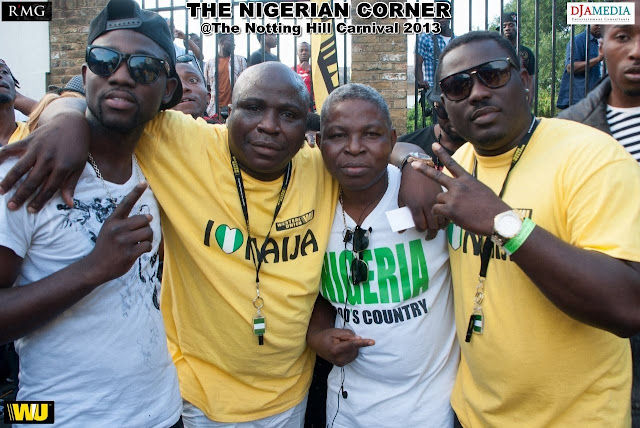.jpg)
.jpg)
.jpg)
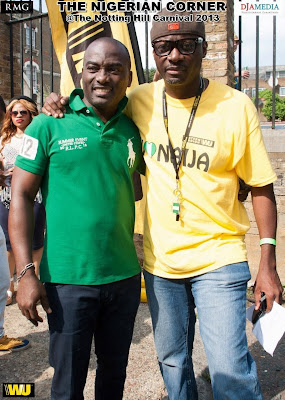.jpg)
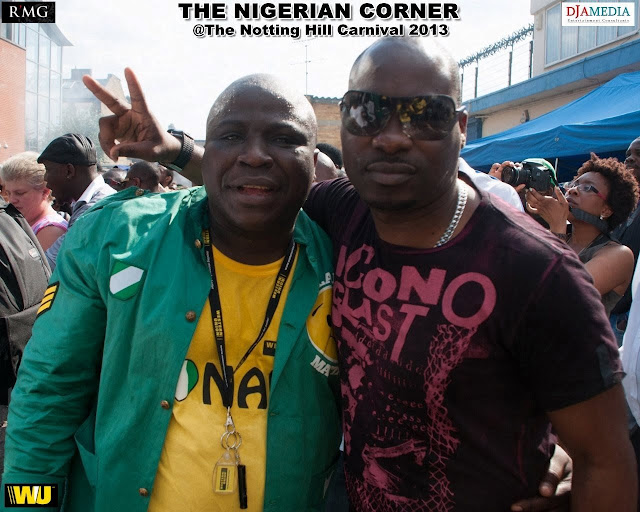.jpg)
.jpg)
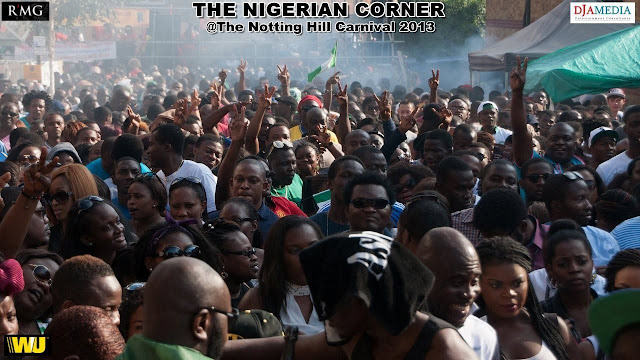.jpg)
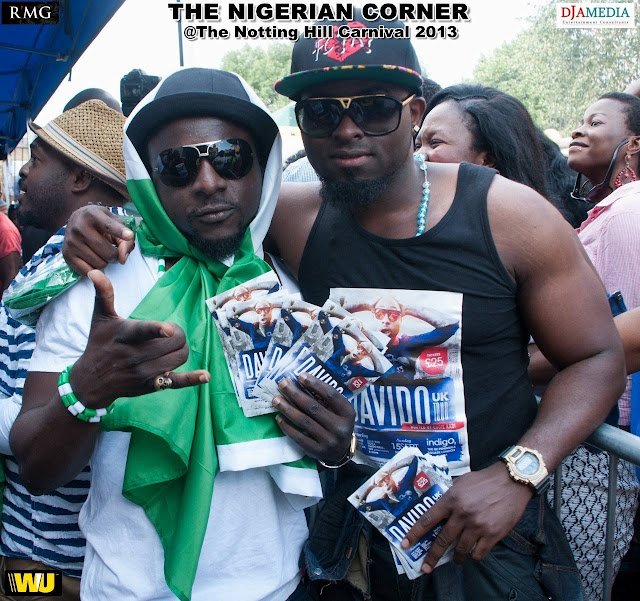.jpg)
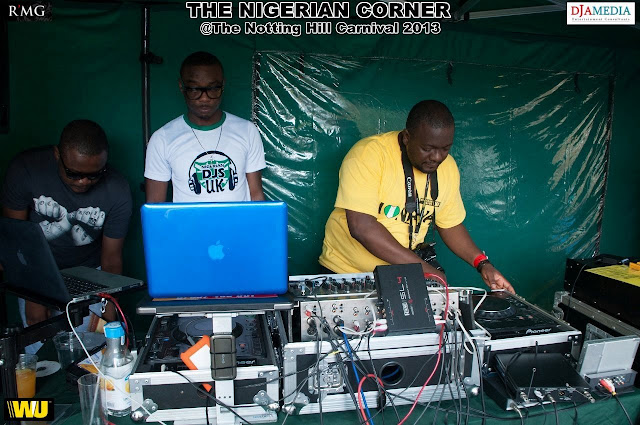.jpg)
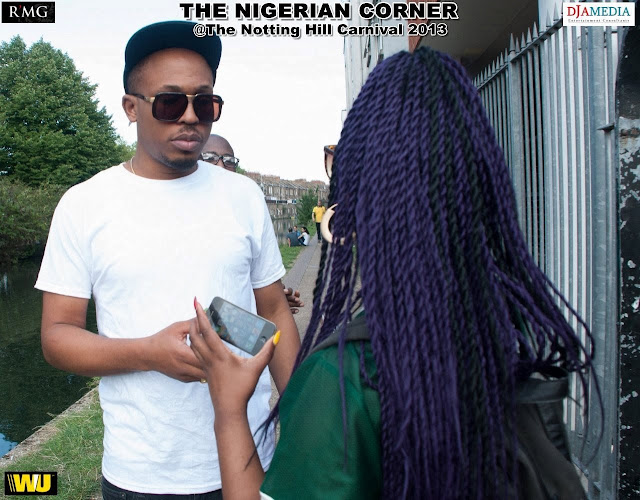.jpg)
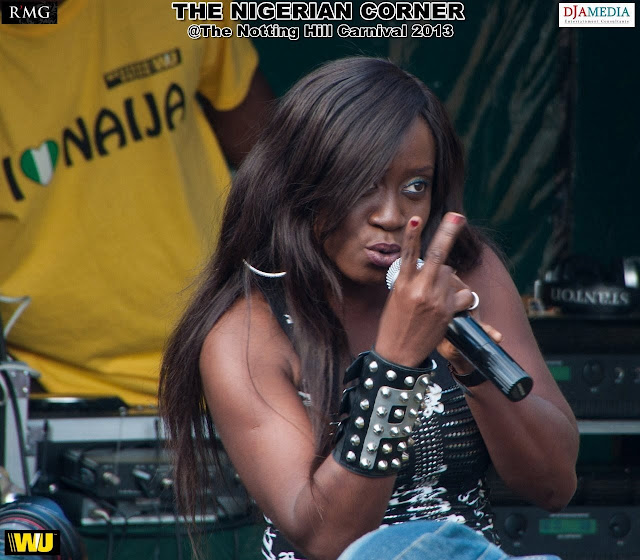.jpg)
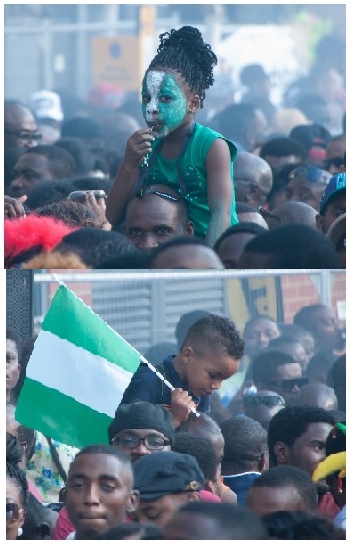
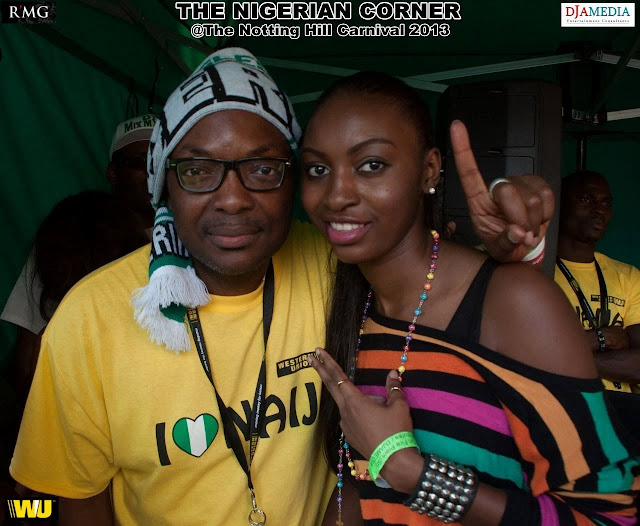.jpg)
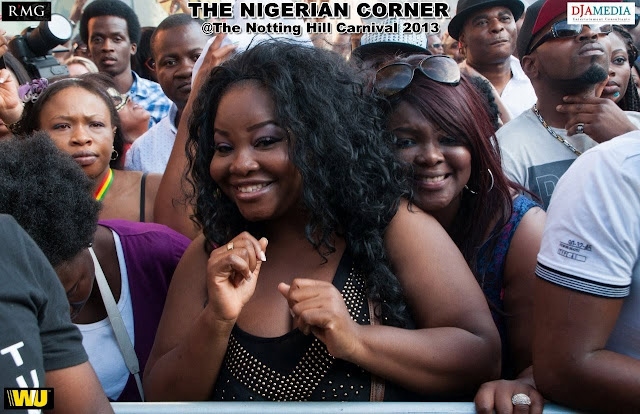.jpg)



